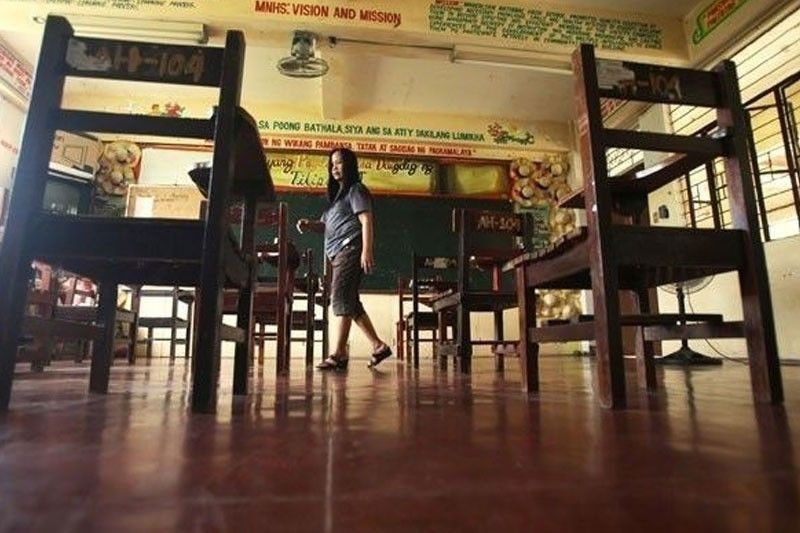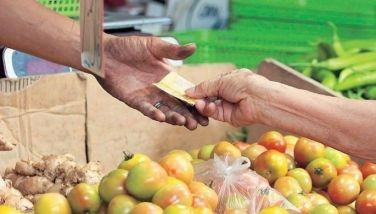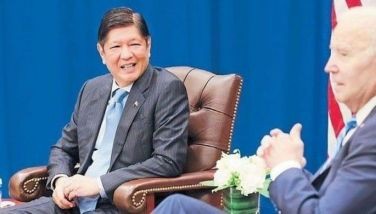‘Delay in face-to-face classes worsens learning crisis’

MANILA, Philippines — Further delay in the resumption of face-to-face classes would worsen the situation of the country’s education system and the economy, according to advocacy group Philippine Business for Education (PBEd).
The PBEd yesterday renewed its call for the government to open schools in areas where the risk of COVID-19 transmission is low, a day after President Duterte rejected the proposal while there is no vaccine rollout.
“Our country is already in a learning crisis, and the longer we wait for schools to open, the heavier the losses will be for the students and the economy,” PBEd executive director Love Basillote said. “We appeal to the government to find ways to open schools safely so that students can resume their learning.”
Like the President, Basillote said they also do not want to endanger the lives of students and teachers.
She stressed that the government was able to safely reopen the economy, with health protocols still in place.
“What is preventing us from safely reopening our schools? We have around three million students who have dropped out this year because they could not keep up with learning requirements,” Basillote said.
“With no alternatives left, we are abandoning a generation of young people. This has a grave impact on national development,” she added.
Basillote said the Philippines could look at models of safe reopening of classes abroad, citing those informed by science and are limited to areas where the prevalence and transmission rates of COVID-19 are low.
She also cited the link between the country’s education sector and the economy, saying it is important to look at the issue from a bigger perspective.
“We cannot expect an economic expansion with our companies going under because they cannot find skilled workers,” she said, noting that students who have dropped out of school would find it difficult to find employment.
The Department of Education (DepEd) has yet to issue a statement on the President’s decision.
Earlier, Education Secretary Leonor Briones said she would provide Duterte with an update on the current situation to help him decide on whether to allow the pilot implementation of face-to-face classes in low risk areas.
Briones also cited a survey the DepEd conducted, which showed that more than 50 percent of students prefer face-to-face classes.
“We are the only one in Southeast Asia that has not yet implemented face-to-face classes,” she said, adding that their proposal would be limited and contextualized based on the situation in schools and communities.
Duterte previously allowed the pilot implementation of face-to-face classes in low-risk areas. He cancelled it due to the threat of the more infectious United Kingdom variant of COVID-19.
College reopening
The decision of President Duterte to defer the physical reopening of schools does not cover universities and colleges, according to Commission on Higher Education (CHED) chairman J. Prospero de Vera III.
De Vera said the President’s decision would have no effect on the joint guidelines issued by the CHED and Department of Health (DOH) regarding the gradual reopening of colleges and universities for limited face-to-face classes.
He said Duterte’s decision to defer the reopening of schools covers only basic education.
On Feb. 10, the CHED and DOH issued a joint memorandum circular outlining the process for higher education institutions (HEIs) intending to hold limited face-to-face classes.
For the gradual reopening of universities, priority should be given to selected health-related degree programs regarded as vital in providing additional manpower support in the health system during the pandemic.
These include medicine, nursing, medical technology or medical laboratory science, physical therapy, midwifery and public health. – Cecille Suerte Felipe, Roel Pareño
- Latest
- Trending





























